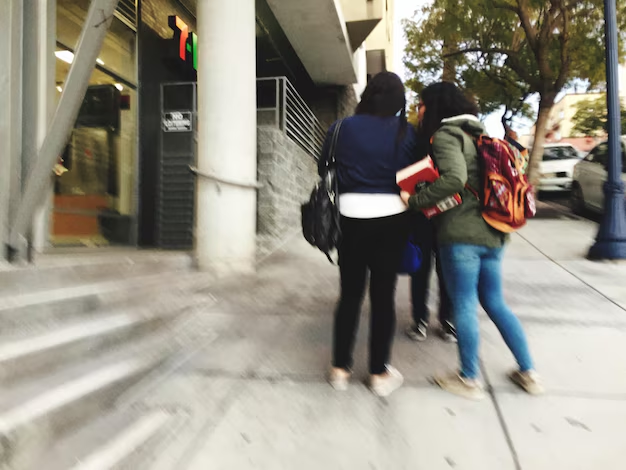Understanding Your Local Housing Authority
Navigating the complexities of housing can be daunting, especially when it comes to finding assistance for affordable housing and rent. Local Housing Authorities play a pivotal role in providing support and resources to ensure stable living conditions for families and individuals in need. But what exactly does a Local Housing Authority do, and how can they be of assistance to you?
The Role of Local Housing Authorities
At its core, a Local Housing Authority (LHA) is responsible for administering low-income housing programs. These government entities help manage and oversee housing options such as public housing and Section 8 rental assistance programs, making affordable housing more accessible.
Key Functions of LHAs:
- Managing Public Housing: LHAs maintain public housing complexes, ensuring they are safe and meet the required living standards.
- Administering Rental Assistance Programs: They distribute housing vouchers (like those in the Section 8 program) that enable low-income families to rent privately-owned housing at an affordable rate.
- Assisting with Maintenance and Repairs: LHAs often coordinate or fund necessary maintenance work to keep properties livable.
- Conducting Case Management: They may offer support in navigating housing-related paperwork and processes.
Knowing the scope and purpose of your local housing authority can be the first step in finding the assistance you need.
Government Aid Programs
The government offers various aid programs through LHAs to supplement housing assistance. These aim to provide financial relief to those struggling with rent and housing instability.
Types of Assistance Programs:
- Public Housing: Provides affordable housing options directly to low-income individuals and families.
- Housing Choice Vouchers (Section 8): Offers subsidies that allow recipients to rent private housing while paying a reduced rent.
- Homeless Assistance Grants: Funds transitional housing, permanent supportive housing, and homeless prevention services.
- Low-Income Home Energy Assistance Program (LIHEAP): Assists with home energy bills, energy crises, and weatherization services for low-income households.
Financial Support Beyond Housing
Understanding that housing issues are often tied to broader financial struggles, it's important to know what other resources are available.
Exploring Broader Financial and Educational Resources:
- Debt Relief Options: Programs are available to consolidate or forgive certain types of debt, providing financial breathing room.
- Credit Card Solutions: Many banks offer hardship programs that can lower interest rates or provide deferred payment options.
- Educational Grants and Scholarships: These can help fund retraining or further education, opening pathways to higher-paying job opportunities.
Taking Action
Knowing where to turn and what resources are available is crucial. If housing troubles are affecting your quality of life, reaching out to your local housing authority is a proactive step. They can guide you through the application processes and help you understand how you might qualify for different programs.
Financial Assistance and Resources Checklist:
- 🏢 Local Housing Authority Contact: Vital for housing support and guidance.
- 🏠 Public Housing Options: Check your eligibility and current waitlists.
- 📜 Section 8 Vouchers: Explore monthly savings on rent.
- 🔑 LIHEAP Aid: Assist with crippling utility bills.
- 🔍 Debt Relief Consultation: See if you qualify for balance reductions.
- 💳 Credit Card Hardship Programs: Potentially lower monthly payments.
- 🎓 Educational Grants: Discover learning opportunities and scholarships to boost your skills.
Empower yourself with these resources to secure your housing stability and improve your financial situation. Remember, reaching out, asking questions, and staying informed are your best tools in navigating these systems.

